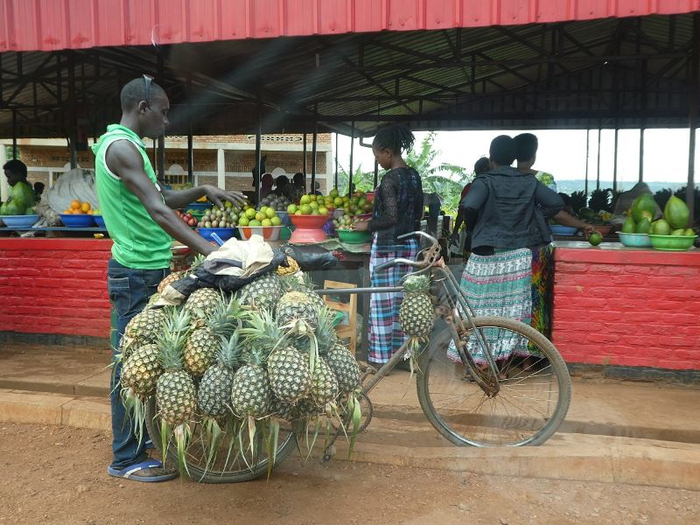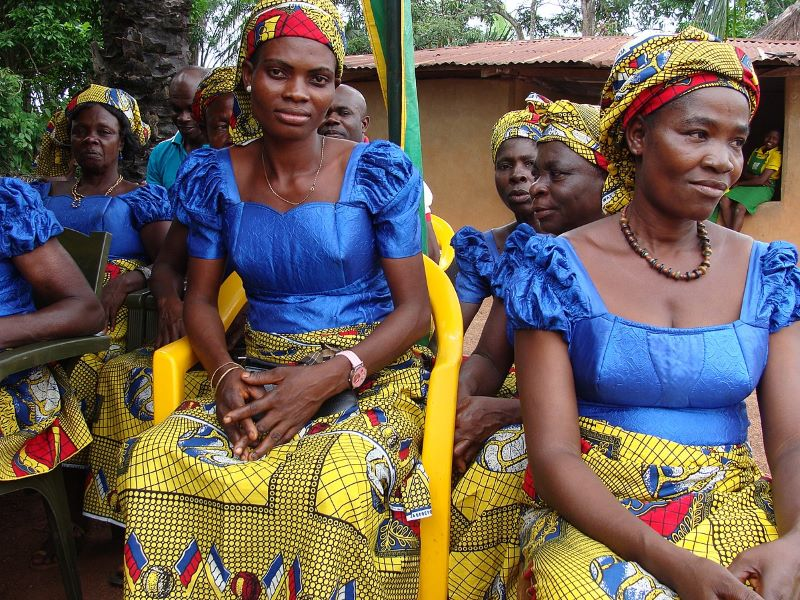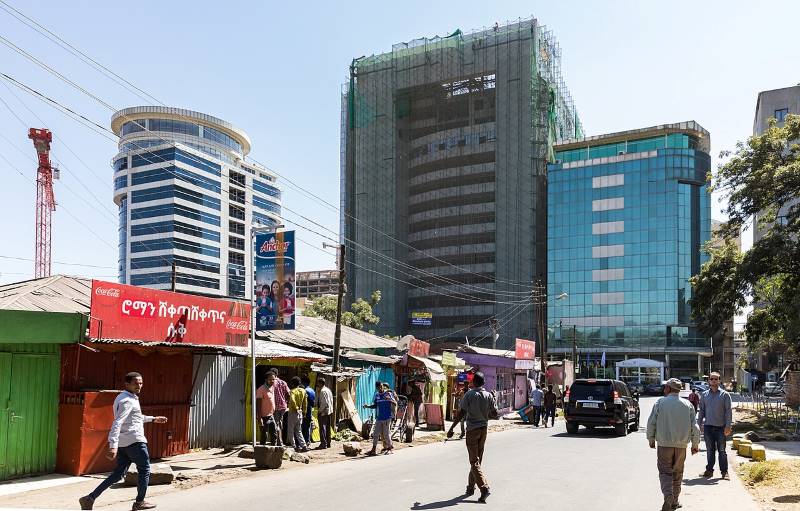Nigeria Farmer’s Cooperative. USAID in Africa, Public domain, via Wikimedia Commons
Cooperatives have become one of the successful tools by which several African countries have dealt with a myriad of challenges such as unemployment, community development, and poverty among many others.
As described by the International Labor Organization (ILO) “Cooperative enterprises are by nature a sustainable and participatory form of business. They place emphasis on job security and improved working conditions, pay competitive wages, promote additional income through profit-sharing and distribution of dividends, and support community facilities and services such as health clinics and schools.
Cooperatives are well-placed to contribute to sustainable development’s triple bottom line of economic, social, and environmental objectives plus the governance agenda. They offer an alternative model for social enterprise, with contributions to sustainable development well beyond job creation”.
As a vehicle of development, cooperatives play a significant role in the social and economic build-up of communities, especially in the rural parts of Africa. Generally, set up as a self-help organization, cooperatives operate based on equality, equity, cooperation, social responsibility, and mutual support to all of its members.
One of the ways it achieves this is by providing income-generating opportunities for its members. As an organization, cooperatives operate based on shared interests. Examples of such cooperatives are agricultural cooperatives that provide information and opportunities for farmers to access the market for their products by ensuring demands that exceed the capacity of one individual can be met by the collective efforts of all members of the cooperative.

A village cooperative in Rwanda. Dewdrops123, CC BY-SA 4.0, via Wikimedia Commons
Another way is through access to financial support, especially from the governing authorities or donor agencies looking for ways to carry out developmental programs in rural areas.
As a result of their governance structure and the availability of comprehensive data on all their members, it enables government authorities or agencies to partner with these cooperatives in implementing financial support programs such as micro and small medium loans or grants, provide access to targeted inputs, or initiate other economic stimulation programs targeted at creating more jobs which ultimately fosters adequate engagement of citizens which in turn has the potential to kickstart economic progress within the communities.
Also, other ways the impact of cooperatives is felt is through the development of community projects. To address their collective challenges, many cooperatives embark on fundraising drives or mandatory contributions to execute projects such as the building of schools, hospitals, and town hall centers, roads, some cooperatives even go on to set up banks and many other projects that have immediate and positive impacts on the community.
Such interventions not only provide relief for the communities but also open up the communities to other local investments, which stimulate development.
One other way cooperatives impact the social stability of African countries is that they are reliable tools for providing data for governing authorities or non-governmental agencies to measure the impact and efficiency of developmental programs targeted at addressing specific challenges within the community, state, or nation.
Through its impactful contribution to Africa, many cooperatives have grown in membership and reached the point where they command international status. One such is the Cooperative Bank of Kenya which ranks 44th out of the 300 largest cooperatives in the world when measured by turnover/GDP per capita.
Cooperatives in Africa will remain efficient channels through which the continent addresses some of its countless problems, especially at the rural levels. With its impactful socio-economic contributions, the possibility for sustainable development and a brighter future for the continent is guaranteed.

Okechukwu Nzeribe works with the Onitsha Chamber of Commerce, in Anambra State, Nigeria, loves unveiling the richness of African cultures. okechukwu.oniccima@gmail.com





